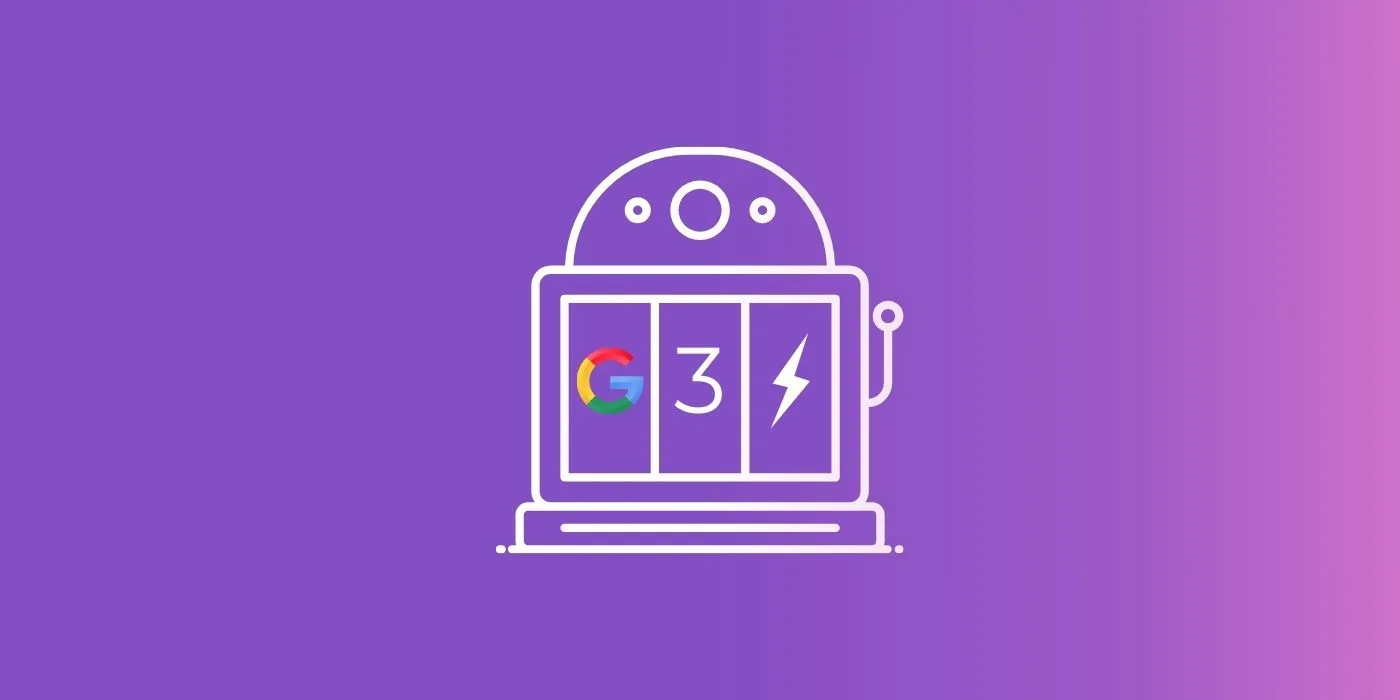Will AI Replace Writers? Exploring the Future of Content Creation in Digital Marketing

What is AI in Digital Marketing?
In digital marketing, Artificial Intelligence (AI) is used for automation and data analysis. Previously, artificial intelligence tools were only utilized for easy, repetitive tasks. Today, AI tools can help optimize strategies for different marketing campaigns.
Unsurprisingly, 62% of marketers use AI in their digital marketing strategy. It’s now common practice for businesses to use AI for these marketing tasks:
- Personalization: AI tools can segment your audience based on demographics and behavior. This way, you can craft specific content for each stage of the buyer’s journey. It’s a powerful tool for lead generation in digital marketing.
- Predictive analytics: It can also forecast trends based on existing patterns and historical data. This helps marketers retain customers and reduce the churn rate.
- Virtual assistants (VAs): Enhance your customer support efforts with AI-powered chatbots and VAs. They can answer straightforward questions or guide customers to the next step of a transaction.
- Search Engine Optimization (SEO): Companies are using AI to streamline their SEO campaigns. AI can help optimize Google ranking factors, including keyword research.
- Content creation: AI writing has gone beyond simple poems and captions. Now, it has the ability to cover long-form writing tasks such as blogs, reports, and video scripts.
We’re seeing advancements in Natural Language Processing (NLP) and Machine Learning (ML). These two technologies are providing advanced training data for AI tools.
Is AI Replacing Writers Already?
No, AI is not replacing human writers. AI still lacks contextual understanding, particularly in language and cultural nuances. Without this, it’s difficult to evoke emotions, something that’s essential in a writing style.
For instance, how can AI generate engaging scripts for a movie? It cannot produce powerful scenes, let alone replace Hollywood writers. Certain aspects of creative writing require human intuition and critical thinking.
What AI can do is assist humans in the writing process. You can use AI tools for these content creation complementary tasks:
- Keyword mapping: You can use AI to research keywords and create outlines. AI can also easily source and verify facts on the Internet. This saves you time in brainstorming factual and creative ideas for a story. Writesonic and Frase are tools you can use to generate ideas.
- Translation: AI can produce text translations in seconds. AI translation tools like Google Translate have become more advanced these days.
- Content optimization: Pushing content on digital platforms takes more than writing prowess. You need data-backed insights to effectively reach your audience. That’s where AI tools can help you. Use AI-based content optimization tools like SurferSEO to boost your SEO efforts.
However, you cannot rely entirely on AI for these tasks. For example, Google Translate may not spot specific language nuances. You still have to supervise and review each AI-completed task.
Strengths of AI in Creative Writing
Leverage the unique strengths of AI to bolster your writing career.
Efficiency and scalability
AI can quickly produce content in bulk, albeit not in the same quality as human art. You can utilize AI to automate repetitive written tasks, including:
- Complete basic things like social media captions for multiple posts
- Translate a single content into different languages
- Test content variations to see which format pulls more engagements
AI can identify existing information and patterns in your content. This helps the tools scale their production of content materials.
Cost-effective solutions
Save precious time and effort by tapping into AI tools. Automating basic tasks allows human beings to prioritize more complex assignments. This way, you can enhance your time and resource management skills.
However, you still need to evaluate any AI content. These tools aren’t perfect after all. Always remember to evaluate these elements first:
- Check for inconsistencies with your brand messaging and tone
- Review the reliability of sources indicated in each AI-generated content
- Inspect for missed cultural nuances in AI-translated texts
Try to add a human touch to each AI-completed task. See how you can increase the content’s connections to humans.
Data-driven insights and optimization
Humans, even the most brilliant ones, cannot analyze a large volume of data in one sitting. That’s something that AI can easily do.
In a data-driven world, AI can help streamline your writing style. Here’s how AI’s data capabilities can assist a writer:
- Use Hotjar or Buffer to analyze user engagements, behavior, and demographics
- Utilize Semrush or Ahrefs to analyze competitors’ keywords and traffic
- Tap into Anyword to predict the potential performance of your content
AI companies are producing more advancements in their data capabilities. This innovation wave could create more writing-related data assistance.
Limitations of AI in Writing for Digital Marketing
Digital marketers should be aware of AI’s limitations, especially in content creativity.
Creativity and originality gaps
Originality is the biggest challenge for AI. Take these limitations as examples:
- AI cannot produce truly groundbreaking ideas. It may not create elements of surprise, especially for recently trending concepts.
- More often than not, AI follows existing knowledge or patterns. This formulaic approach relies heavily on historical data, not on new knowledge.
As a writer, originality is still your advantage over computers. You can produce a story that’s truly unique.
Challenges with context and nuance in marketing messages
AI cannot also spot contextual cues and nuances. This is a unique advantage of human brains, particularly in cultural contexts.
This AI limitation could lead to the following challenges:
- Insensitive or offensive content
- Lack of depth in technical and niche topics
- Failure to cite connected references
These limitations could be harmful to your brand. Offensive content could turn away most of your audience.
Ethical and quality concerns
Plagiarism is the number one ethical concern of AI-written content. A Statista survey discovered the high probability of plagiarism in ChatGPT content. This could affect your story in more ways than one:
- Possibility of content being tagged as unacceptable or illegal
- Poor content quality due to repetitiveness
- Decrease in brand trust and reliability
Write content that exudes originality and creativity. Failure to do so could affect your brand’s reliability on multiple platforms.
Lack of emotional and personal connection
When you write a story, you talk to people’s emotions. This is a natural skill of any excellent writer. Also, this is a skill that AI doesn’t have.
AI-crafted content has difficulties establishing personal connections. This could cause content problems like these:
- Lack of empathy, especially on sensitive topics
- Negative brand image and authenticity
- Difficulties in expanding or diversifying audience reach
The point of any content is to connect with your audience. It requires a deeper understanding of real-world psychology.
AI Content and SEO: Google’s Best Practices
Google does believe in the ability of AI to provide helpful content. However, it does not accept generating AI posts to manipulate search engine optimization (SEO).
Google’s policies include abusing generative AI for content. Websites should follow these AI-related SEO practices:
- Avoid using AI for scaling content that doesn’t offer value
- Write content that naturally incorporates keywords
- Use the natural language of the target audience in any AI-crafted content
- Follow the E-E-A-T approach when considering AI generation
AI generation is still a relatively new practice in SEO. You can work with marketing experts to ensure the relevance of your content.
Digital marketing agencies like Fortis Media provide advanced techniques for integrating AI. They know the ins and outs of AI generation for SEO. Just ensure that you align your content to your business goals to maximize ROI.
AI Content in Paid Media: Navigating Platform Policies
AI’s predictive capabilities are useful for paid media campaigns. With the help of AI, you can create content for a targeted audience. You can even use AI tools to optimize paid media strategies for the holidays.
Still, there are potential red flags that you need to avoid. Google Ads enforces policies that double down on spammy strategies.
AI-crafted content could also be tagged in paid ads. When using AI on paid media, try to avoid these faulty practices:
- Misleading content
- Violation of copyrights, trademarks, and intellectual property rights
- Violation of platform-specific policies
You can create AI-crafted paid ad content on different platforms. However, both search engines and social media platforms have varying policies.
Navigate through these policies with marketing experts like Fortis Media. They offer expertise in social media and Pay-Per-Click (PPC) advertising. This guarantees that your paid ads aren’t violating policies and regulations.
Will AI Replace Human Writers in the Future?
AI cannot replace humans in the writing scene. There are too many moving parts in this form of art. AI’s formulaic approach cannot hack it at this stage — or in the future.
AI can only augment human creativity, not fully replicate it. So, writers shouldn’t worry about their jobs. Instead, a writer should focus on upskilling in these areas:
- Strategic thinking in planning content strategies
- Emotional intelligence to resonate with people’s emotions
- Originality in writing creative and witty lines
Will AI replace content writers? No, definitely not. These two entities can only work together, not substitute for one another.
Tips for Getting Writers and AI Working Together
A Forrester study revealed that AI cannot consistently deliver on its own. It still requires human supervision. This concept can also be applied to the writing niche.
Writers and AI can work together to deliver helpful content. You can start with these proven strategies:
- Data analysis: Analyze your target audience’s interests and pain points. An AI-powered tool like BuzzSumo can even analyze your competitors’ content.
- Content outlines: Generate outlines for your content. Jasper AI is a tool that provides content titles and outlines.
- Drafting process: Use artificial intelligence to refine your writing style. Editing tools like Grammarly can also improve your write-up’s readability.
Collaborating with AI tools can streamline your writing. When done the right way, you’ll produce write-ups that truly resonate with your audience.
Conclusion
AI is already shaping the future of the writing niche. But would it replace writers? Absolutely not.
The formula is for AI to assist writers in this art form. AI’s data capabilities can help in analyzing target readers’ interests. Moreover, its ability to provide new perspectives can certainly break a writer’s block.
For this to work, there has to be constant feedback. Writers should experiment with the prompts they feed to an AI tool. This way, you can continuously optimize the writing process.
FAQs
How can AI enhance human creativity?
AI can enhance human creativity through idea generation, research assistance, content feedback, and writing optimization. AI tools can provide real-time write-up analysis and alternative perspectives. These abilities can help break a writer’s block and increase a person’s creative levels.
Can AI understand and write in different tones and styles?
Yes, AI can generate content in different tones and styles. People can give different prompts to an AI tool, particularly in choosing formal or informal messaging, persuasive or informative style, and humorous or serious tone. AI tools are typically trained to produce different variants of similar content.
What industries benefit most from AI content creation?
AI content creation has proved to be most beneficial in the sectors of marketing, advertising, eCommerce, legal, and education. Moreover, AI has been a helpful tool for customer service departments. It can answer frequently asked questions and generate instructional guides for products.
How does AI impact content marketing strategies?
AI provides a big boost to content marketing strategies, particularly in personalizing content and evaluating a campaign’s overall performance. Its data-driven capabilities allow content marketing teams to automate repetitive tasks, optimize content for search engines, and predict future patterns in customer behavior.
Is AI-generated content reliable in terms of accuracy?
The reliability of AI-crafted content depends on multiple factors, including the tool’s training model and the topical depth. AI tools might have difficulties generating accurate and factual content for very specific niches. It’s recommended to fact-check each content generated by AI-powered tools.
What are the risks of bias in AI-generated content?
Bias in AI-generated content could lead to misinformation, cultural nuances, contextual barriers, and brand disassociation. It’s recommended to always use diverse datasets when training an AI model. This allows you to identify signs of bias, promote transparency, and make the entire process objective and fair.
Read our other articles

iGaming SEO: The Ultimate Guide to Ranking iGaming Sites in 2025


How SEO and PPC Work Together: A Practical Guide


What is a PPC Agency? A Comprehensive 2025 Guide






